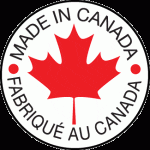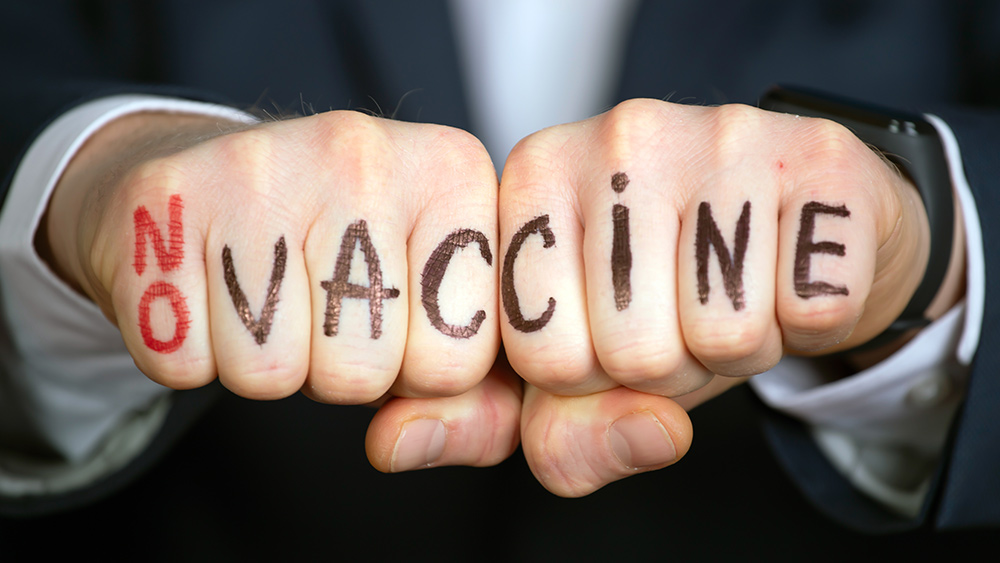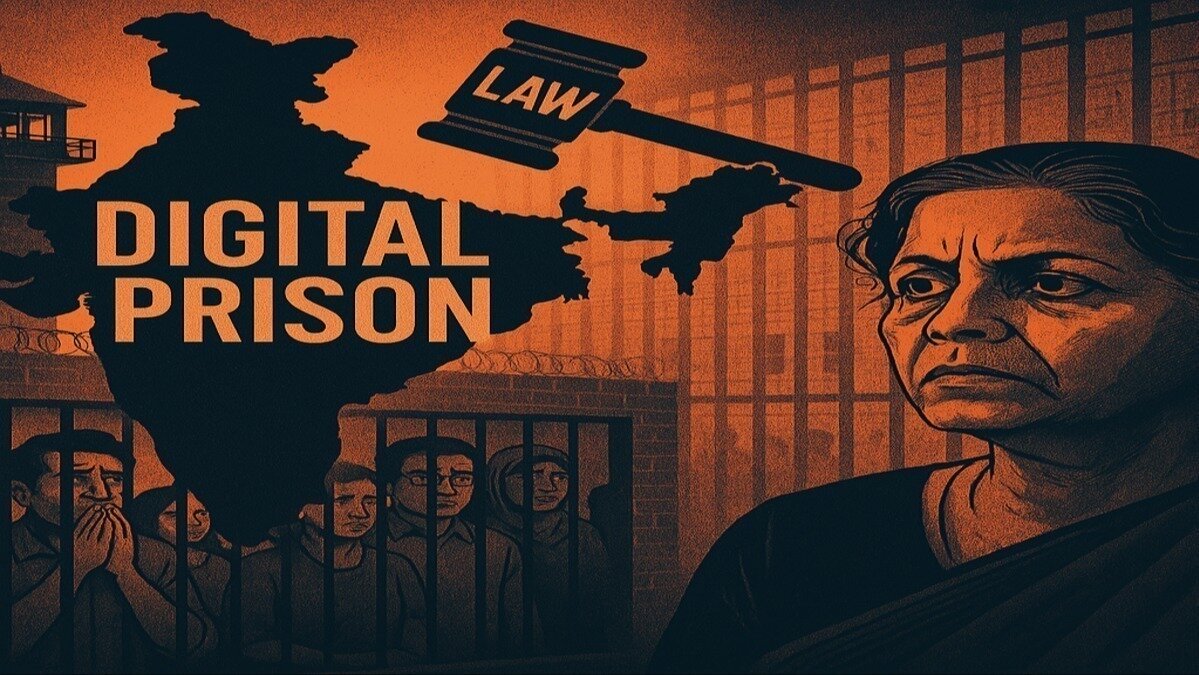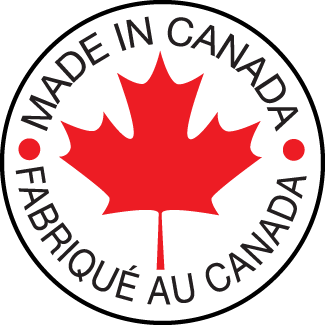A brave Canadian nurse, Leah McInnes, now finds herself in the midst of a disciplinary hearing, orchestrated by the College of Registered Nurses of Saskatchewan (CRNS). Her alleged “professional misconduct” revolves around her courageous stand against COVID-19 vaccine mandates and passports. In this article, we will delve into the details of this case, examining the implications of her outspoken stance and the broader context of medical professionals facing scrutiny for expressing their opinions.
Challenging Vaccine Mandates: A Brave Stand
Opposition to Vaccine Mandates: McInnes, represented by the Justice Centre for Constitutional Freedoms (JCCF), is accused of expressing her dissent on social media and through statements to the media regarding vaccine policies. Her objections span from vaccine mandates to privacy in healthcare, which the CRNS vehemently opposes.
The Alleged Misinformation: The CRNS contends that McInnes’s comments were primarily related to Saskatchewan’s COVID-19 vaccine policies, even though mandates were not in place. They label her statements as “misinformation” and “disinformation,” arguing that she abused her authority as a nurse.
Defending Freedom of Expression: In response, the JCCF asserts that McInnes should have the freedom to voice her opinions on vaccine mandates, vaccine passports, and related issues such as freedom of choice and medical privacy. They highlight that government officials and medical authorities have frequently referred to vaccine policies as “mandates” in Saskatchewan and across Canada.
Facing the Tribunal: The High Stakes
McInnes’s Legal Battle: Presently, McInnes stands before a four-day tribunal, offered an option by the CRNS to admit to professional misconduct, which she has refused. Her decision is a steadfast defense of her right to express her views. The potential consequences loom large – her nursing license could be suspended or revoked.
Similar Cases: A Pattern of Suppression
Carolyn Strom’s Case: This situation echoes a case from 2020 in Saskatchewan when registered nurse Carolyn Strom was found guilty of professional misconduct for raising concerns about her grandfather’s treatment in a long-term care facility. However, Strom eventually won an appeal before the Saskatchewan Court of Appeal. This instance serves as a reminder that criticism can lead to positive change in healthcare.
The JCCF’s Ongoing Fight: The JCCF has been at the forefront of defending medical professionals facing disciplinary actions. They successfully protected an ER physician in Nova Scotia who wrote an opinion column and are currently supporting a nurse from British Columbia facing disciplinary proceedings over her involvement in a Vancouver billboard supporting J. K. Rowling’s views.
Withdrawn Accusations: In April, the JCCF announced the withdrawal of accusations against a nurse who had been accused of unprofessional conduct. She shared her experiences administering the COVID-19 vaccine and discussing vaccine injuries. This case demonstrates the importance of allowing healthcare professionals to speak the truth to the public.
Conclusion: Upholding Ethical Obligations
As Leah McInnes stands resolute in her battle against the CRNS, it is a stark reminder of the challenges faced by Canadian medical professionals who dare to express their opinions. The JCCF’s continuous efforts to protect these professionals emphasize the need for meaningful informed consent and the importance of allowing healthcare workers to uphold their ethical obligations. This case will undoubtedly leave a lasting impact on the ongoing discourse surrounding healthcare, personal freedoms, and professional ethics.










